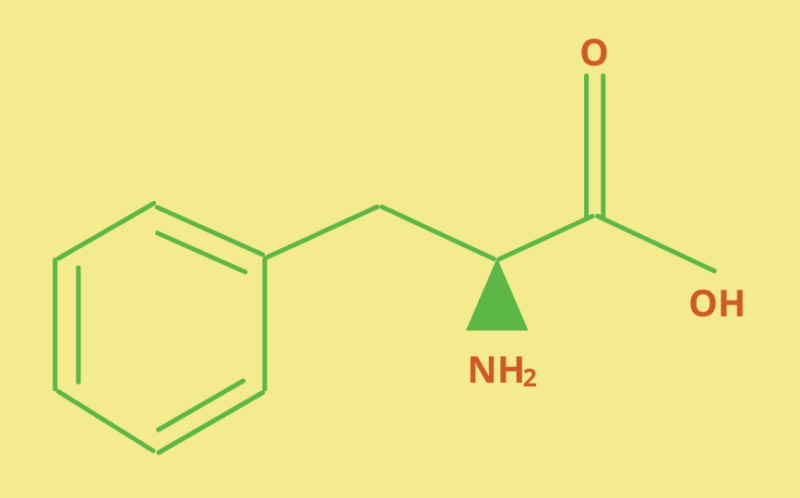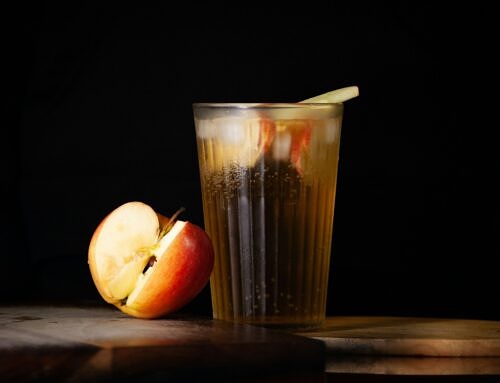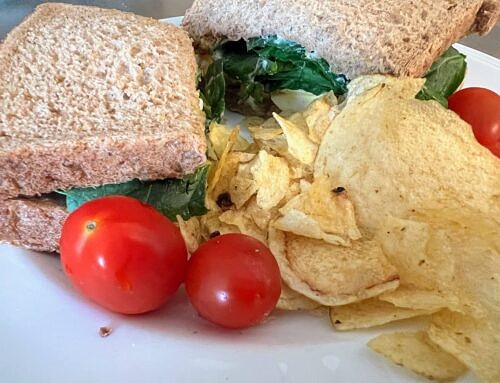
Phenylalanine is, in general, not a harmful substance. It fact it is an amino acid (one of the ‘building blocks’ of protein) that we need to get from our food as we cannot make it ourselves. We use phenylalanine to make other proteins, and it may support our production of hormones such as dopamine and epinephrine. There have been studies investigating potential uses of the compound including for pain relief, alcohol withdrawal, Parkinson’s Disease and treatment of skin disorders. These studies have had mixed results.
Unfortunately, not everybody is able to break this amino acid down and may become very poorly if they consume it. The problem is an inherited condition called phenylketonuria (PKU) which may result in dangerously high levels of the amino acid in the blood. Individuals lack the enzyme phenylalanine hydroxylase (PAH) which may lead to toxic levels of phenylalanine in the brain. This can cause problems with mood, memory and learning. In the UK, individuals are tested for the condition as part of their ‘heel prick test’ as a new-born baby. Both parents need to carry the gene for the child to inherit PKU, this means that the parents themselves may not have the condition.
There is also concern around the use of aspartame. This sweetener is made from aspartic acid and phenylalanine, and is believed to have the potential to contribute to side effects in individuals taking some schizophrenia medications. This is why you will often see the warning on artificially sweetened products.
Other sources of phenylalanine include a wide range of plant and animal foods including meat, soya beans, eggs, nuts, seafood and pumpkin seeds. Avoidance of the amino acid is therefore very difficult for individuals with PKU and medical dietary products are required in place of natural proteins. Individuals can have small, measured amounts of the amino acid per day; this is agreed with a dietitian. There are currently no drug treatments available in the UK on the NHS to help PKU patients.
Further information and help
- NHS website: https://www.nhs.uk/conditions/phenylketonuria/
- The National Society for Phenylketonuria: https://www.nspku.org/



